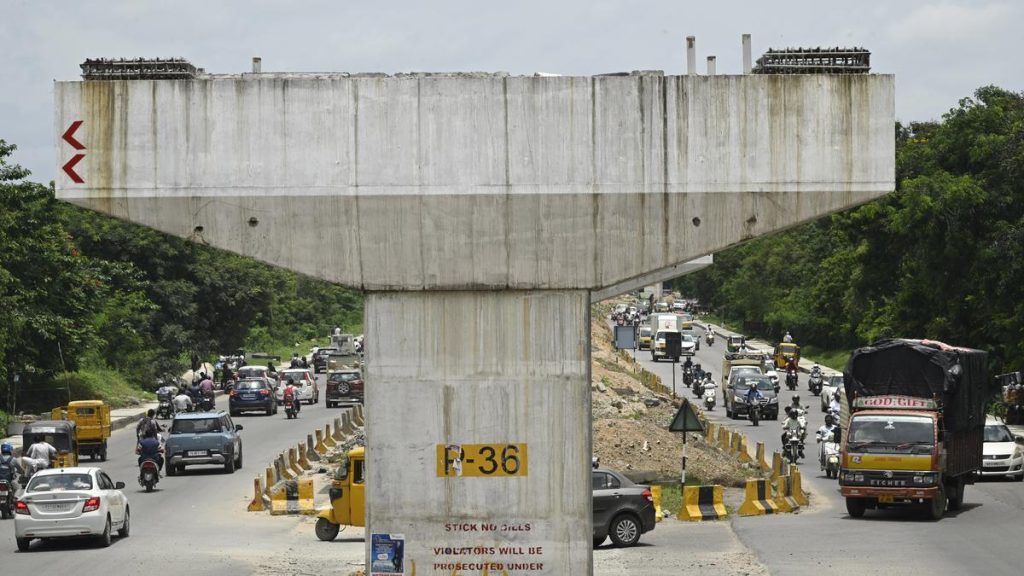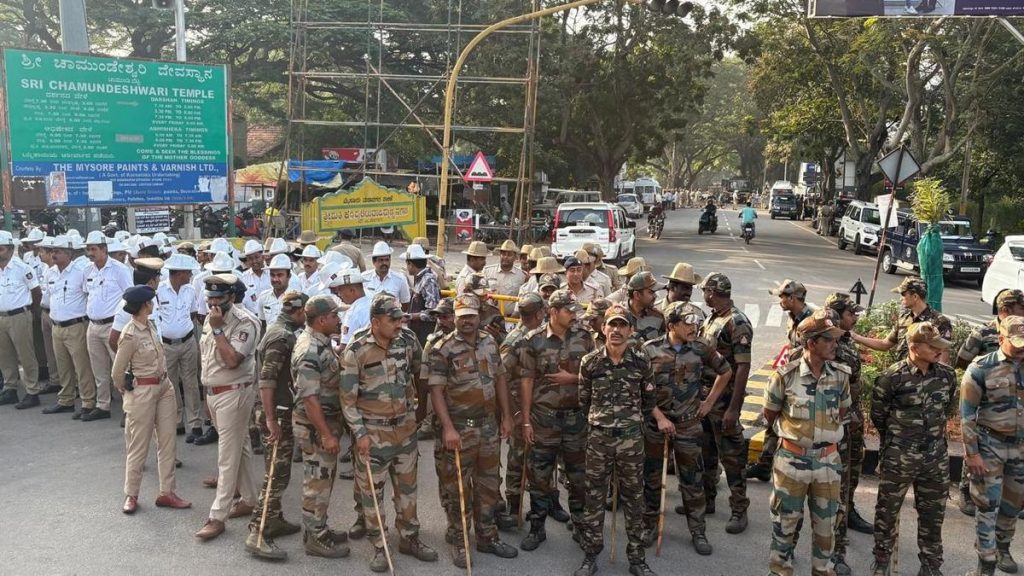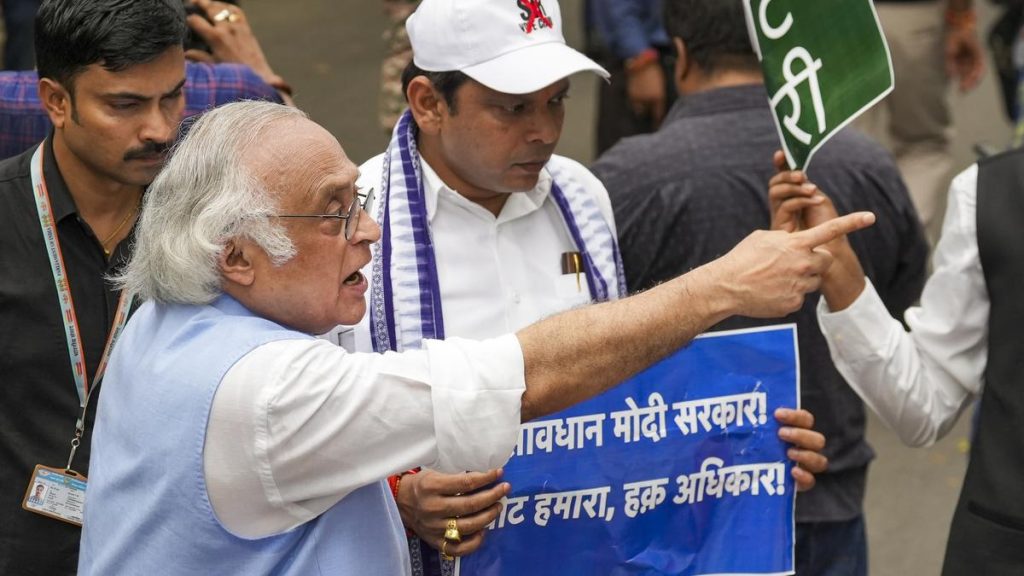Now Reading: Prohibitory Orders in Mandya’s Maddur After Stone-Pelting at Ganesha Procession
-
01
Prohibitory Orders in Mandya’s Maddur After Stone-Pelting at Ganesha Procession
Prohibitory Orders in Mandya’s Maddur After Stone-Pelting at Ganesha Procession

Fast Summary
- Prohibitory orders have been imposed in Maddur town, Karnataka, following a stone-pelting incident during the Ganesha idol immersion procession on Sunday (September 7).
- Eight injured individuals have been treated and discharged from the hospital.
- Mandya Superintendent of Police Mallikarjun Baladandi reported that 21 persons were taken into custody, with five to six more suspects identified and efforts underway to arrest them.
- Additional security measures include the deployment of six Karnataka State reserve Police (KSRP) platoons to bring the situation under control.
- The prohibitory orders will remain in effect until September 9 morning; authorities will decide on extending them based on further assessments.
- The clash reportedly began when stones were thrown at a Ganesha procession near a mosque in Ram Rahim Nagar, leading to retaliation and heightened tensions between two communities. Police intervened promptly to prevent an escalation during the event but gatherings continued after immersion demanding accountability.
- Two cases related to the incident have been registered-one by police and another by one of the victims.
Indian Opinion Analysis
The unrest during a religious procession underscores recurring communal sensitivities that can spark local tensions. Prompt action by law enforcement has prevented further escalation; however, such incidents highlight gaps in preventative measures around religious events where interactions between diverse communities demand sensitive handling.Deploying additional police personnel is an effective immediate response but long-term solutions need community engagement programs fostering mutual trust among residents in areas prone to such conflicts.
This incident also raises broader concerns about maintaining public peace during cultural-religious processions across India-a recurring challenge faced by civic authorities nationwide. While arrests indicate accountability moving forward, resolving underlying causes through dialogue might help ensure long-term stability without reliance solely on restrictive measures like prohibitory orders or increased vigilance.
Read more: Source Link
























